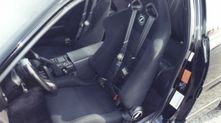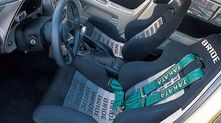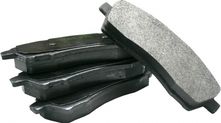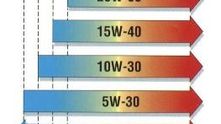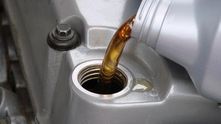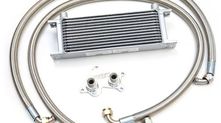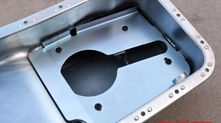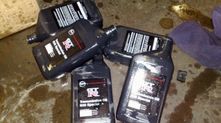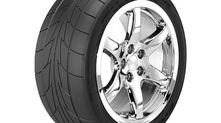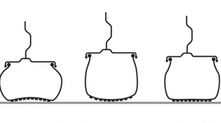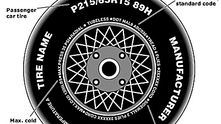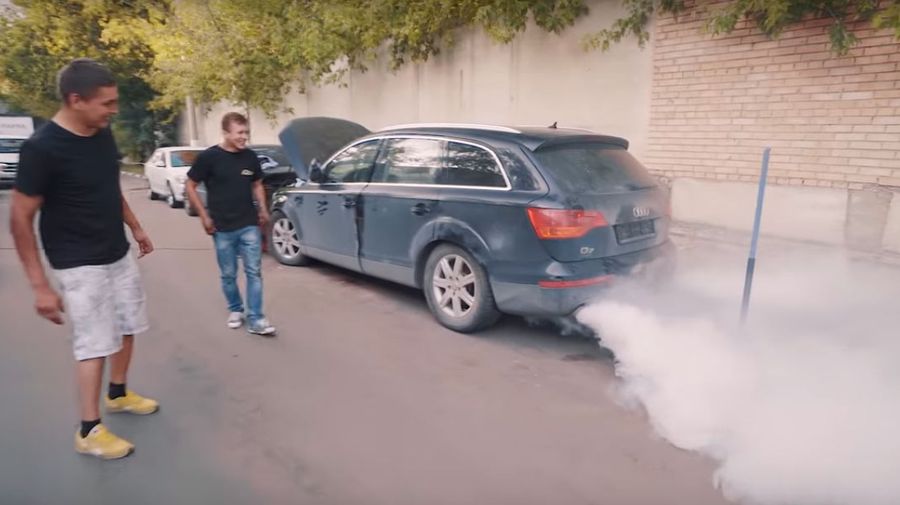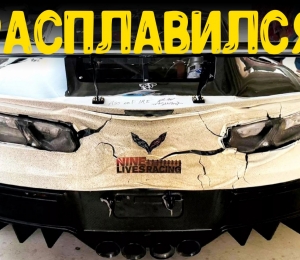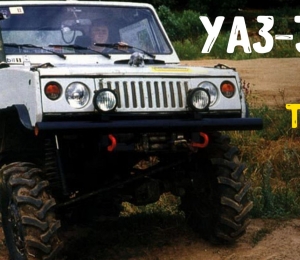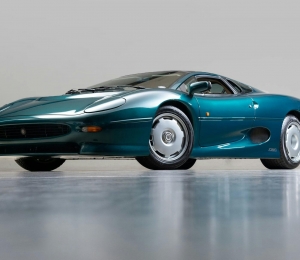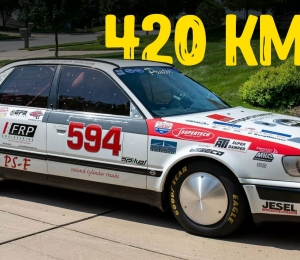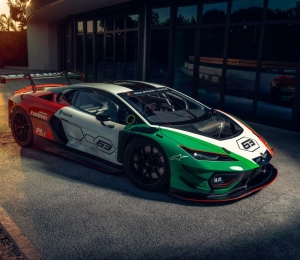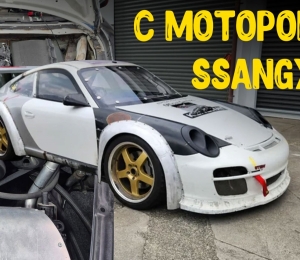Hello, my friend! From my previous topics you should know how to prepare your car for track-days. Now you should know the general info about body bars and struts, performance upgrade and exhaust tuning, and finally about the ways to tune your suspension. But the mistake I did - I didn't wrote the info on general preparations that may be considered as a must if you want to go on a track. So it's time for me to excuse.
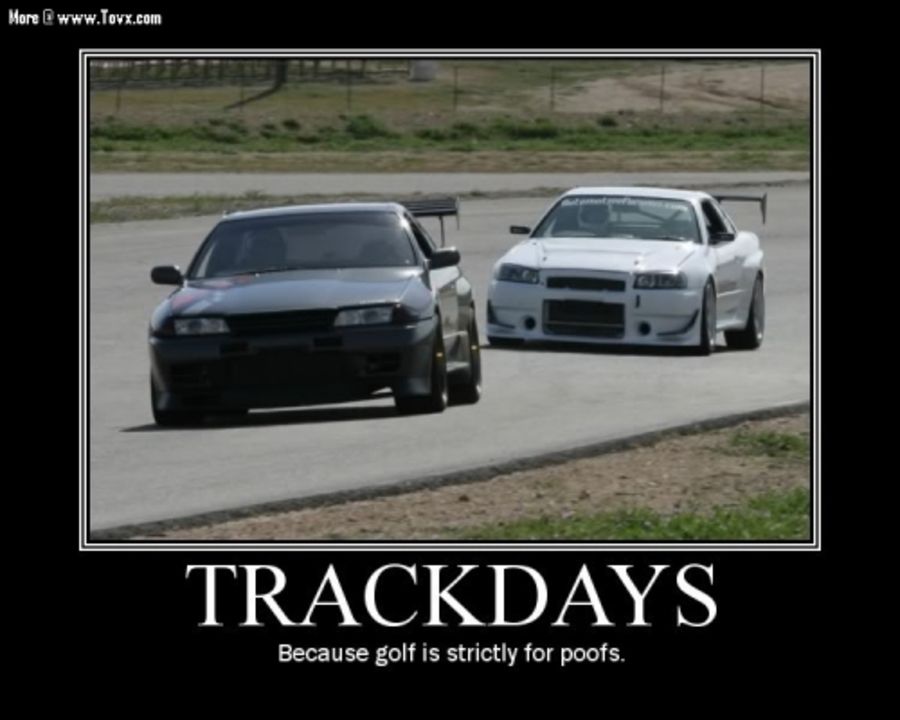
When many beginners start their first races they usually prioritize wrong. So, I'm about to explain how to prepare your city car for safety exploitation on tracks, using some materials from Race2Day site of our local race team.

The engine is one of the most important things in your "race-car", but we won't speak about performance upgrade. Because its reliability is much more important for those who make first steps. But what can lead to the deterioration of engine details? Bad-quality oil! And this is all not about oil brand, it's more important to pay attention to its viscosity.
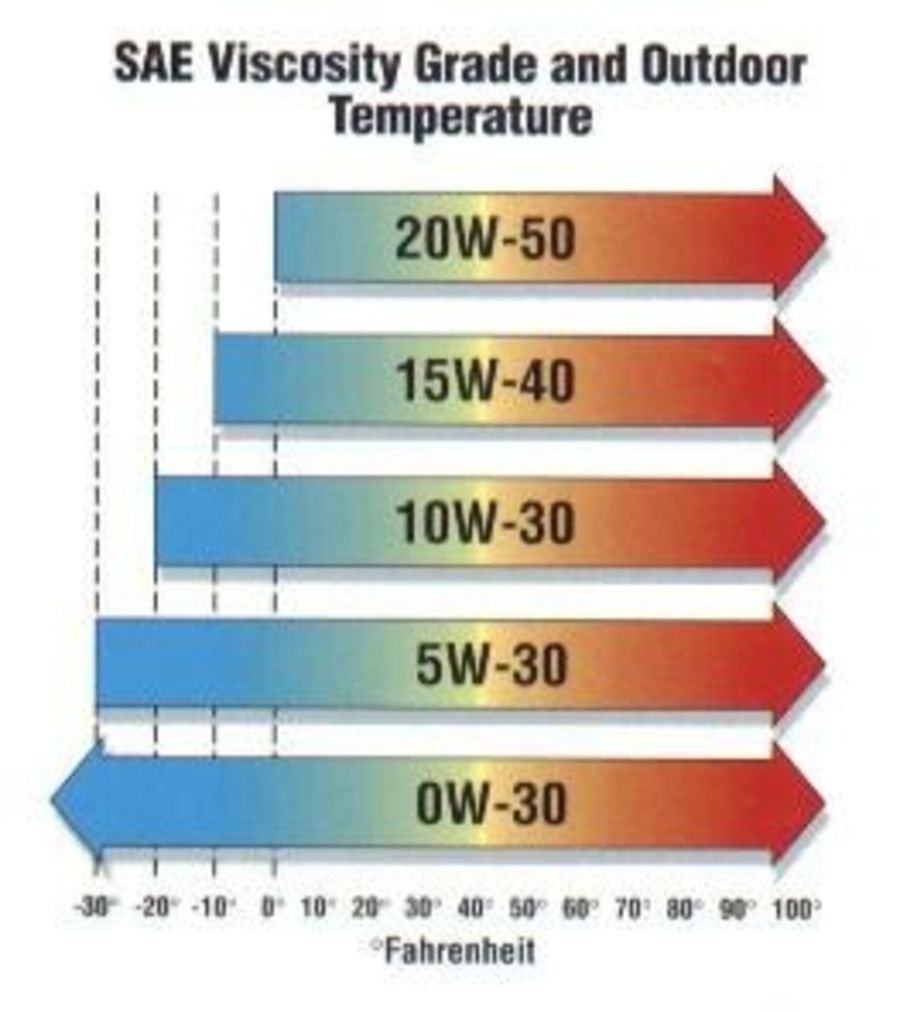
Lower temperature - higher viscosity. And vice versa. To crate perfect conditions for cold engine start you shouldn't use too viscous oil or it will be difficult for a starter to bring to life a crankshaft. However, at high temperatures the oil with low viscosity may lose its quality to keep the engine parts well greased and create necessary pressure.
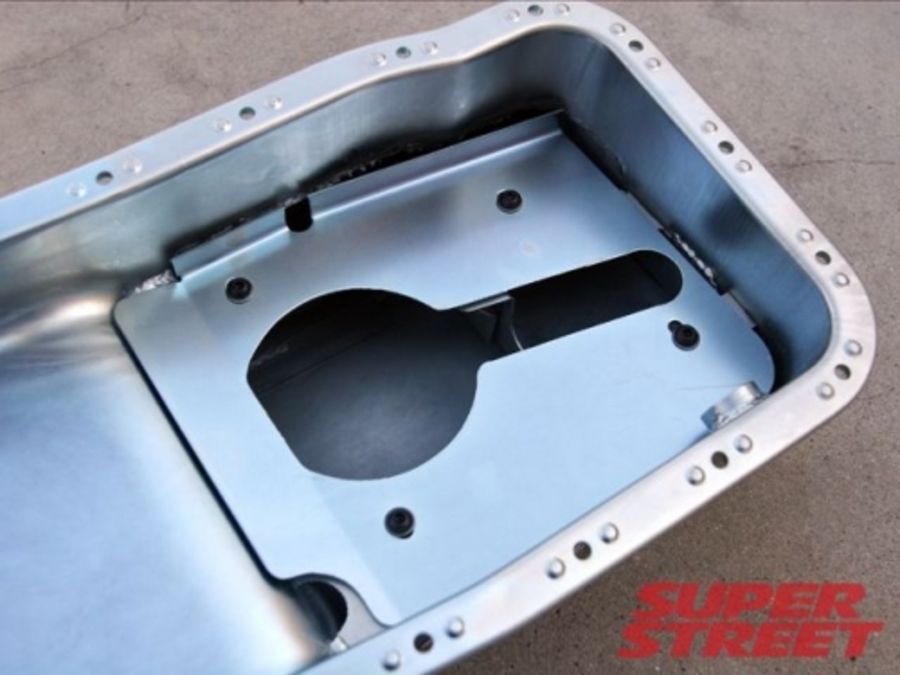
As far as you push your engine to the edge in tracks, you should understand that low viscosity oil may turn into water. So, it’s better to see a manual to your car and use the oil with the highest viscosity level. However I rather doubt that you'll see 10W-60 in the recommendations, because it will be difficult for an oil filter to pump such goo.
So, we see the problem out here - you should use high viscosity oil, but you can't, because it may be dangerous. And what's the way out?! Of course! The best way for us is to keep the oil cool. And so popular nowadays oilcoolers may help us in this task! I'm sure you'll find one on the E-bay or in local racing forums.
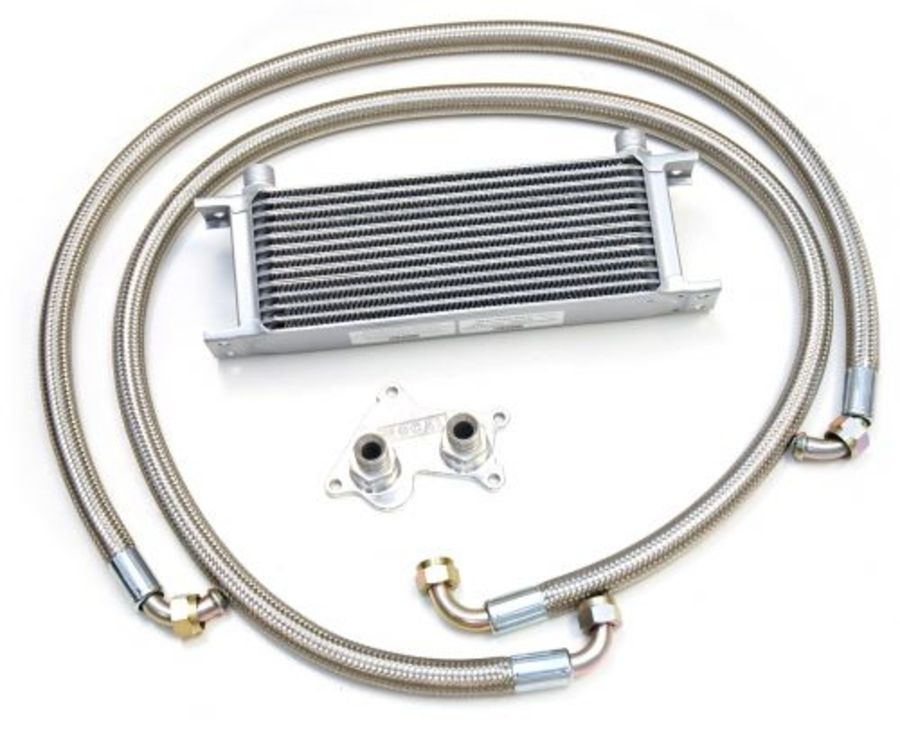
What is a track? It's not just a straight line, there are many turns and chicanes. Can you imagine what happens to the oil in turns? Surging to the side walls of the oil pan it lefts the center almost empty. So the oil pickup becomes difficult and may even cause an oil starvation. How can we cope with the problem? The best way here is to use special baffles in the oil pan that combat the effects of centrifugal forces and help keep oil where it belongs.

When you change the oil you may take care of the transmission too. Don't forget that it's subjected to rough loads as your engine does. If you want the gear box to live much longer I recommend you to do such procedures from time to time.
Tires are as important for beginners as for professionals. The best way to find your variant is to read forums and use the experience of others. However, if you are a beginner it's not the best way to use high-grip tires, because at the first times the oversteering may become your faithful friend. The best way for you is to use tight and slippery tires, it will give you the opportunity to feel the car and find exactly your variant.
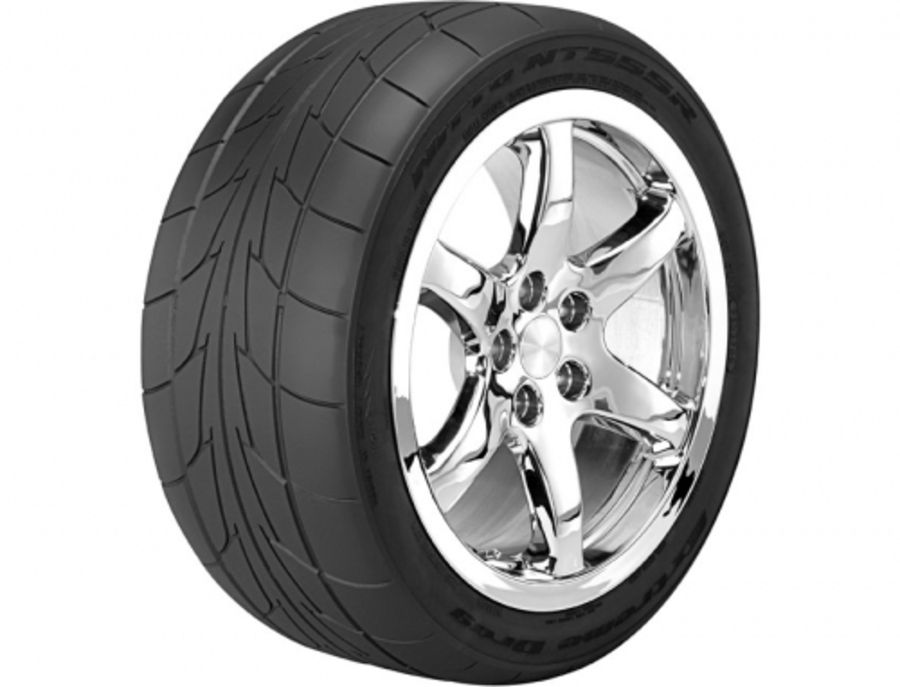
The pressure in wheels must be higher than a recommended one. After the first warming lap you should better stop at the pit-line and check the pressure in your wheels – more likely it will be different because of different number of turns. Uneven wear is not what you want to get.
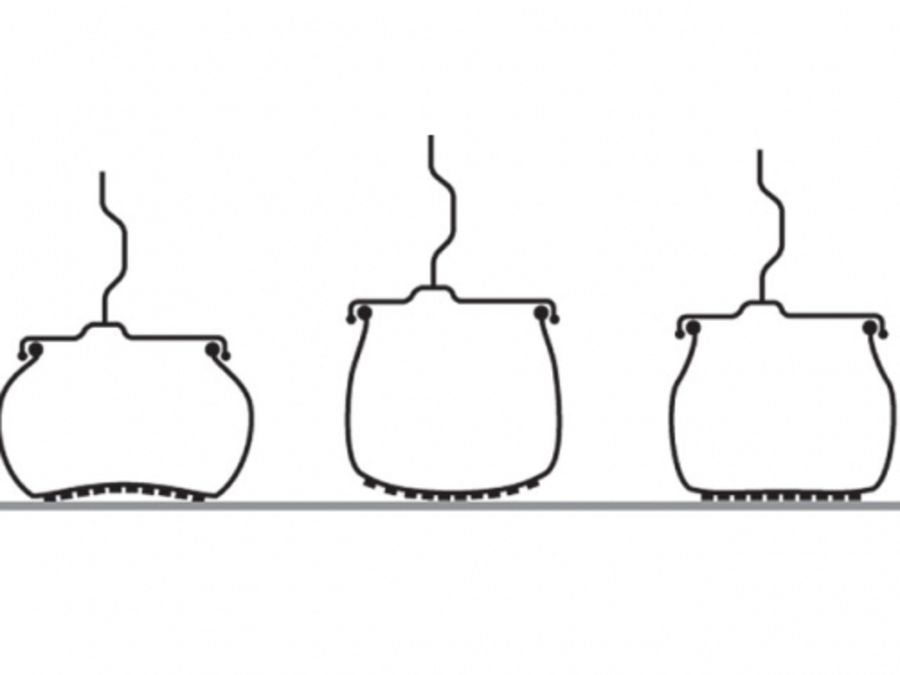
When prepare a car you shouldn't forget about yourself - the driver working place is as much important as other aspects. Well, firs of all take care about your security and install 3-spotted seatbelts – it’s a good variant, because you may take them and use a stock one when you’re off the track.
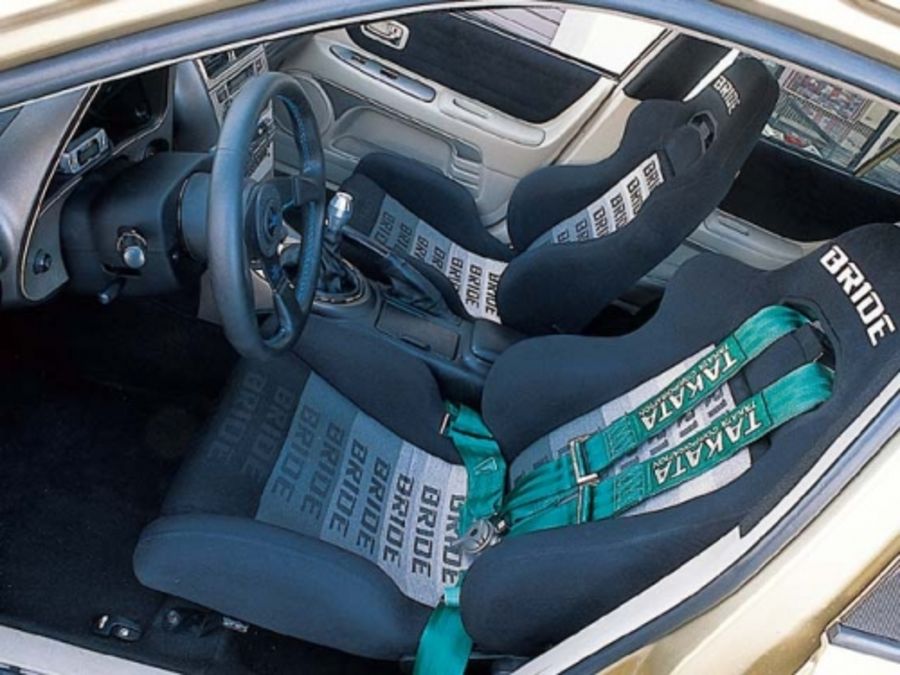
Leather seats is not what popular among track-lovers. You should find good driver seat with strong lateral support. At least it will may guarantee that you wont leave your steering wheel in a turn.
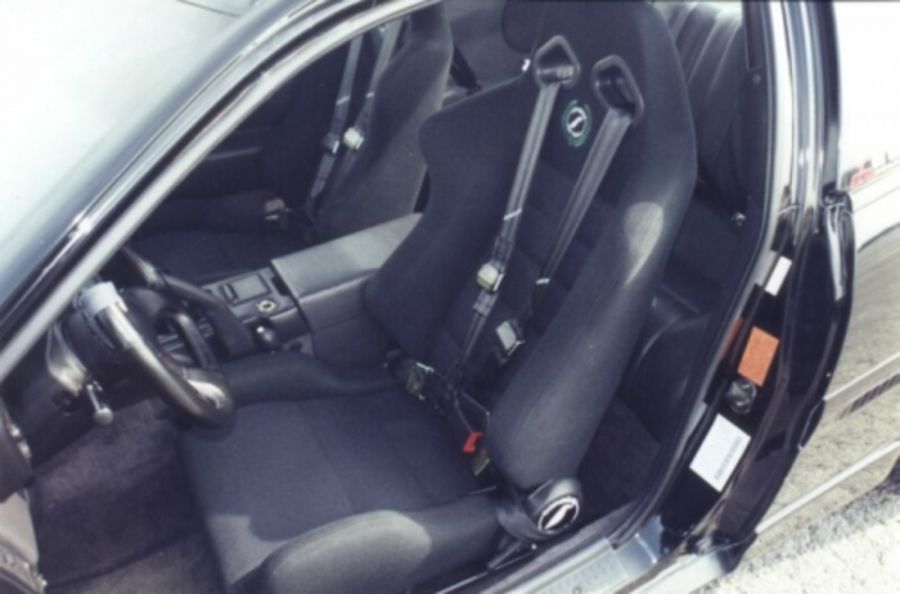
If you have no performance upgrades stock brakes will be just enough. Although, it is good if you have high-temperature brake fluid. When the first pack of brake pads say you "Goodbye" you may buy tuned once. Don't forget that tuned brake pads must be warmed in order to show better results, and it's not the best variant for everyday-city-exploitation.
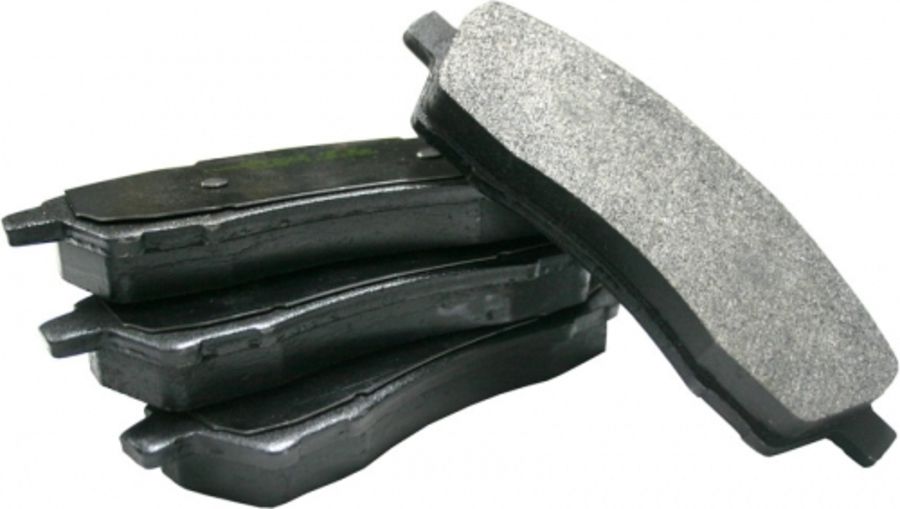
Thanks guys from Race2Day team for this interesting article that was translated and a bit edited
by me =) If you have any questions or you want me to find more interesting topics, just hit me up.
Don't forget to leave comments below ;-)
And here is the very interesting race that shows what stock cars can do!










